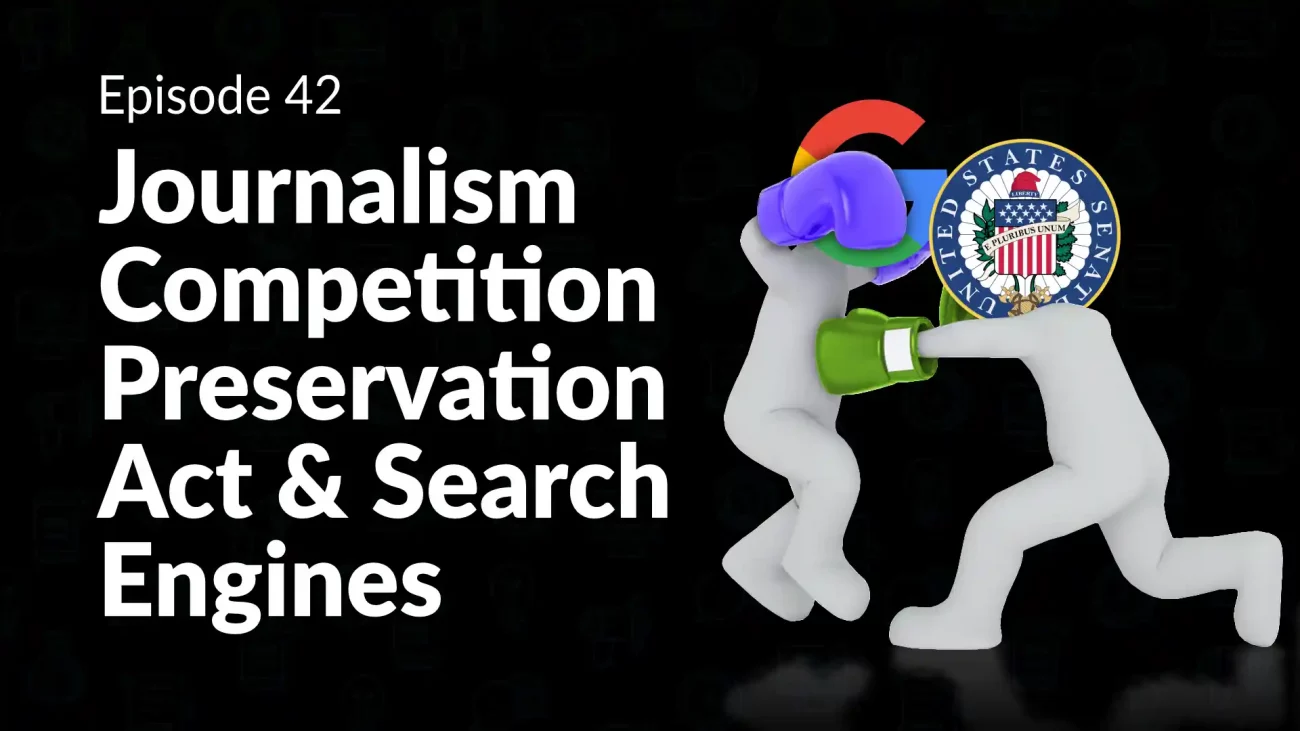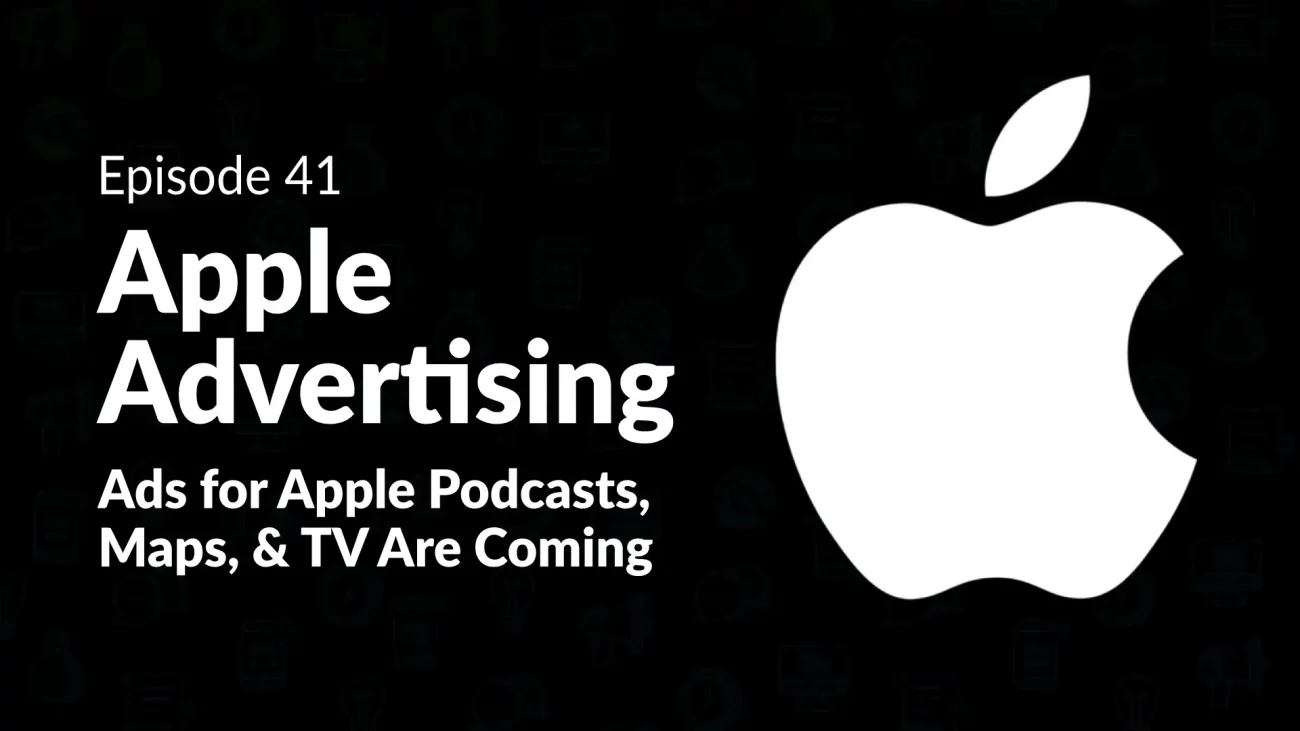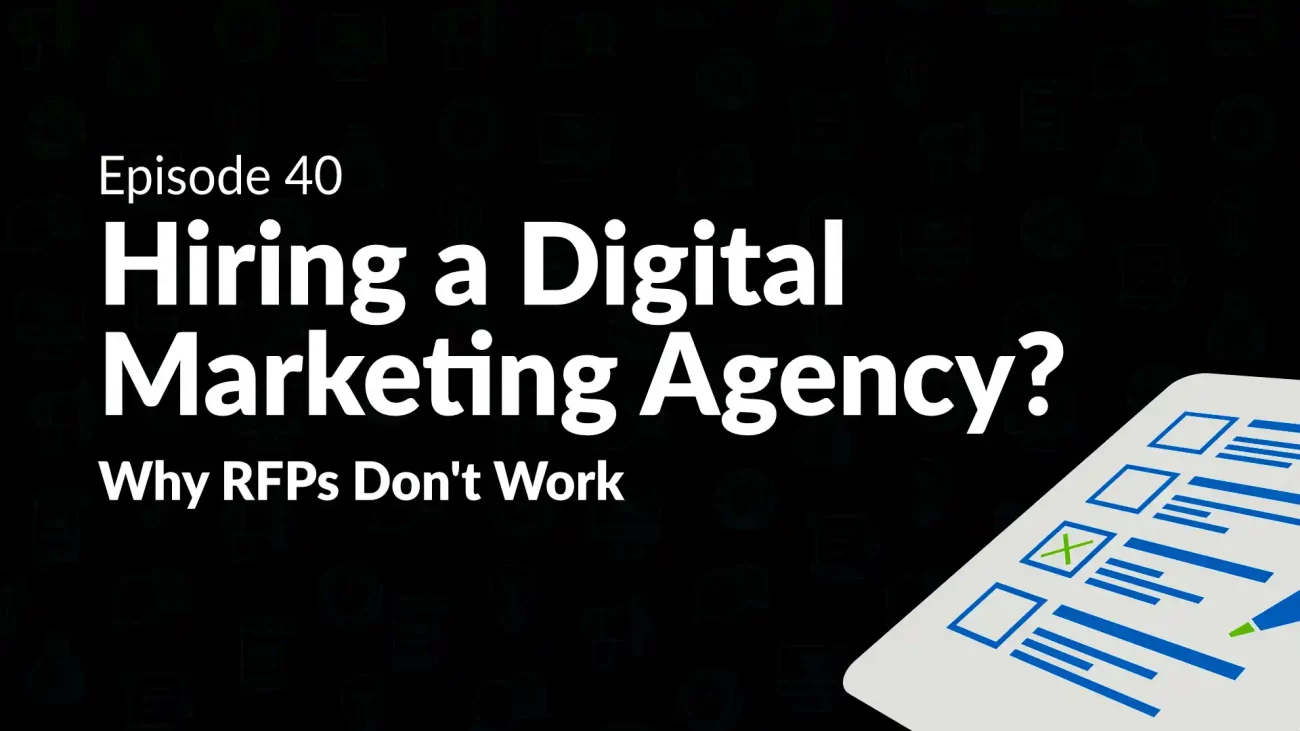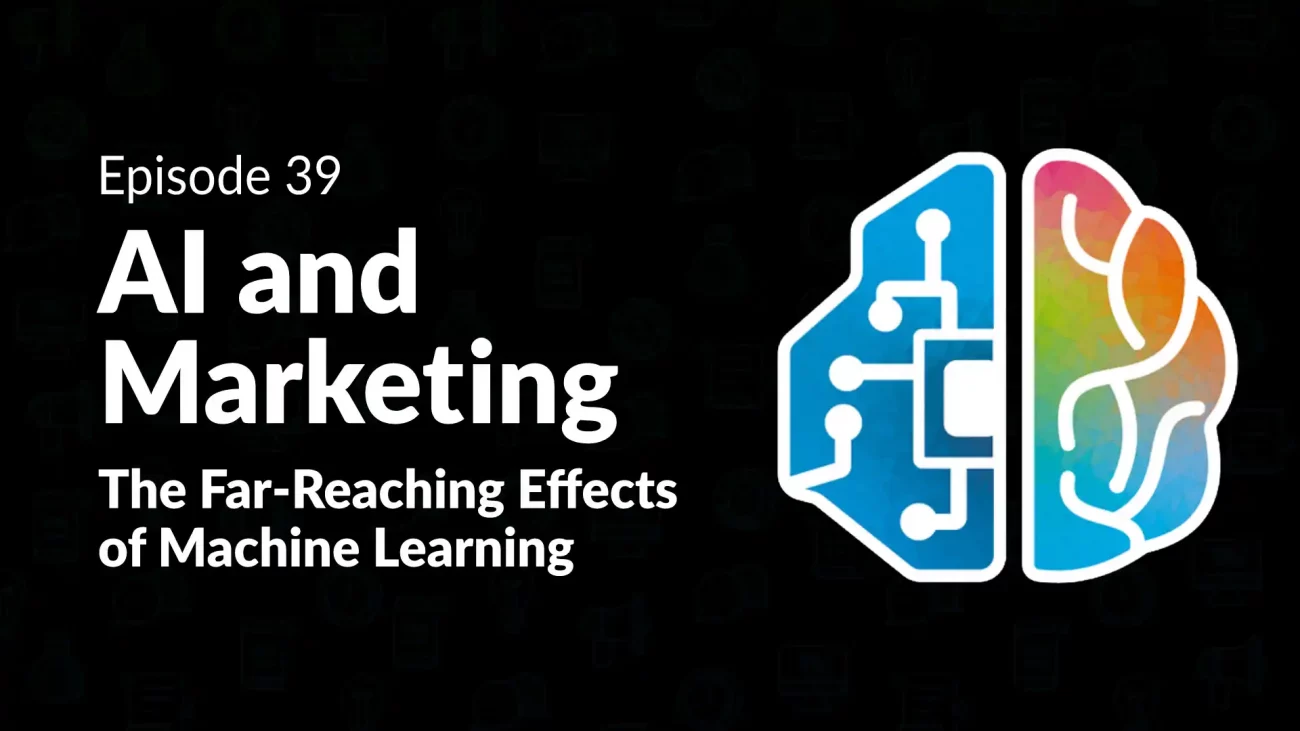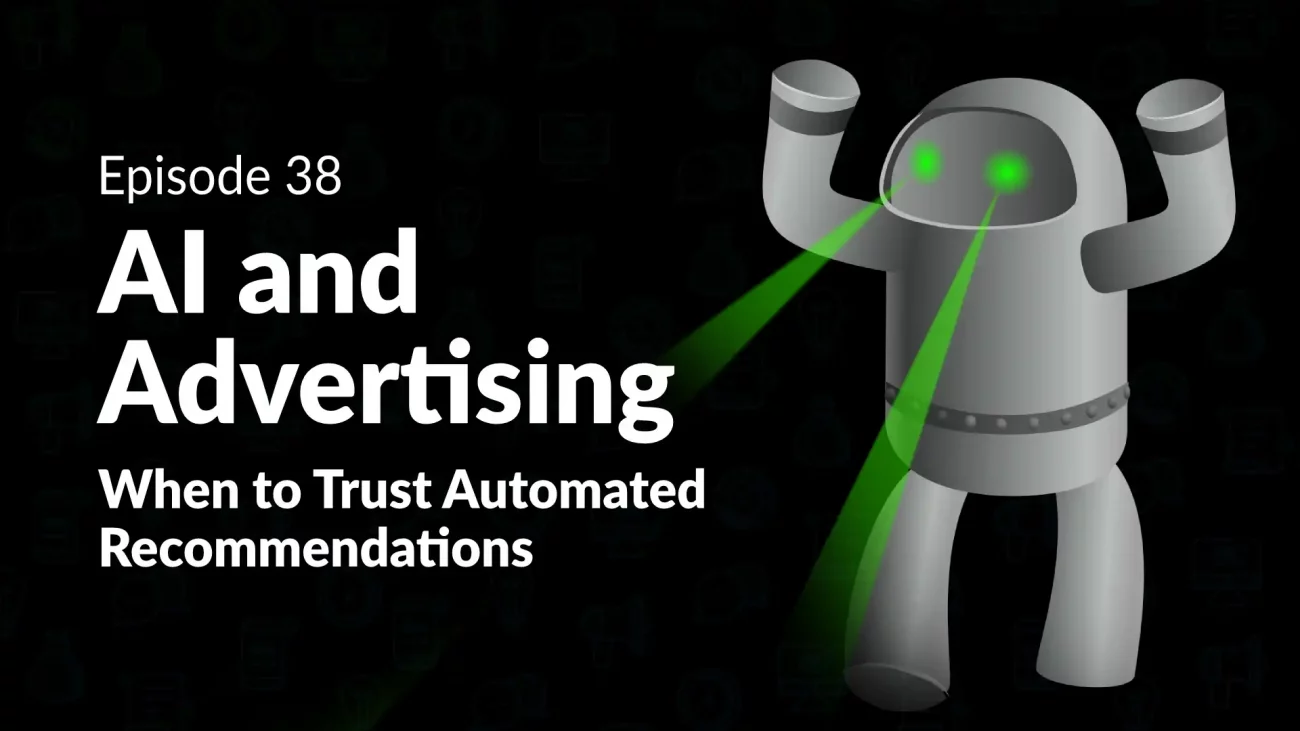Episode 34: CRMs & Marketing Automation Platforms: A Privacy Era Necessity
In advertising days of yore, marketing and sales teams didn’t play well together, data wasn’t actionable, and the systems to store customers’ data were hardly more efficient than an address book. Over time, the simple databases used to collect and retain prospect and client data evolved into what we know today as customer relationship management (CRM) systems. As CRM systems matured, the relationships between data did as well. Features that enabled leads to be associated with companies, lists, opportunities, and more became standard across all reputable CRMs. Clever marketers saw an opportunity to benefit the bottom line by further leveraging this data. This gave birth to marketing automation platforms.
In this week’s Digital Marketing Mondays Hans and Devin discuss origins and functions of modern CRM and marketing automation systems, as well as the role they will play in the future where the likes of Google and Facebook are no longer collecting 3rd party data.
Related Blog Posts:
Transcription:
Devin:
You’re listening to Digital Marketing Mondays. Each week we bring you new and exciting content from around the marketing industry and help give you, the marketer, insights into what’s happening. We’ll offer our advice and share some takeaways to help you develop better strategies for your marketing. Ideally, this will also help you improve your ROI as well. So with that, let’s tune into this week’s episode.
Hans:
All right. Good morning, Devin.
Devin:
Good morning, Hans.
Hans:
I’ve been noodling on an idea here, which I’d like to discuss with you. As you know, I’ve been around the block in marketing for a long, long time and back when I was-
Devin:
We won’t say how long.
Hans:
No, we won’t say… Back when I was getting my start, there emerged a few software products that people were all agog about. The most popular I think was called Act, and the other one was GoldMine. Basically they were little databases that you could install on your PC and keep track of all your sales leads. So if you were a salesperson, you would get Act or GoldMine and you would keep track of every interaction that you’d had with people. And over time, those evolved somewhat and they’re still around actually. Well Act is certainly, but they evolved into sort of this category that’s called CRM or customer relationship management.
Hans:
When you think of CRM, the big player out there that you think of course is Salesforce, but about, oh I’d say 10 years ago, maybe a little more, a new class of product emerged called a marketing automation system. Those have really kind of taken the world by storm, and I was wondering if you’d like to give us a little bit of an illustration about what makes them unique, particularly compared to a CRM. Then we can talk a little bit about why that’s important and why people should be paying attention to this these days. So why don’t you tell us a little bit about how you define a marketing automation system and how that compares to say, a modern CRM?
Devin:
Sure. It’s a big topic because as we know, CRMs were really what started the conversation around marketing automation. I think as I understand it, salespeople particularly were very accustomed to using CRMs, formally known as rolodexes. Then converted to online databases to be able to keep tabs on what people are interested in. Even high level things such as what’s their birth date, or what’s an anniversary date for their contracts leading all the way down to now, engagement.
Devin:
I think marketers caught on to that and began to develop platforms to utilize that CRM-based information and go leverage it for marketing activities. So then, how can we send appropriately targeted emails to people based on content that they’re interested in? How can we build lists to use with ad platforms to then target the appropriate people or to exclude the appropriate people when needed?
Devin:
So really I see marketing automation, it’s almost like a bit of a jealous stepchild of CRMs because they saw the opportunity and wanted to create and leverage that information in ways that clever marketers have always come to figure out on the fly. So without diving into the technical specifics, I will say that marketing automation is really the keys from which marketers can go leverage information and gain additional insights and then go leverage that information for marketing-based activities.
Devin:
What’s beautiful about marketing automation as well, inherently if it’s tied to of course, a really well-kept CRM database, you’re going to have so many different opportunities to engage with contacts and be able to stay in touch with them, and produce the activities that are going to most benefit the bottom line. I think what’s interesting is we still know that outside of referral or word of mouth type deals, those are typically somebody that hears about your company is far more likely to go do a deal or have a close one sale or buy something from you from that referral or that word of mouth source. But secondary to that, email is still one of the top-producing return on investments from a marketing standpoint.
Devin:
Exact percentages I think are changing at this point, but we know it’s substantially higher than most other marketing channels or platforms. So it’s really important to consider as you are building content, generating contacts or leads out of them, what’s the content and activity that you continue to show and produce to those individuals, because that’s still going to be likely your highest ROI in the long term.
Hans:
Yeah. Yeah. A quick point I wanted to make was that when we talk about email as a productive tool, I think of it more as a lead nurturing tool than it is as a lead generation tool. I’m not a huge fan of sending email out cold, people we don’t know.
Devin:
Of course.
Hans:
Think they’ll respond, but it’s a great way to sort of keep people… Stay top of mind as it were. So it’s more of a marketing tool. That kind of brings me to another topic, which you might want to touch on, which in the past, I recollect there was kind of a chasm between the sales people and the marketing people. Marketing people would generate activities that would hopefully generate leads, but they’d need the sales people to provide them with feedback on how those activities had worked. Did we produce good leads? Did we produce enough leads? What’s my return on investment?
Hans:
Sales people were like hey, don’t bother me. I’m busy selling here. I don’t have time to provide you with this data. My understanding of marketing automation is that it has helped bridge that divide between sales and marketing because the marketing people can actually see right for themselves without involving the sales people a lot in that. And the sales people can see which prospects seem to be most responsive and interested, so they can focus their time where it’ll do the most good. So it’s been a win-win in terms of bringing sales and marketing together to work as a team, more so than they used to in the past, right?
Devin:
Yeah, I’d say so. Primarily the reason is that CRMs have evolved since marketing automation became prominent as well, in that especially great systems at work inside of HubSpot or even SharpSpring, they have all of these different connected records. So really, a CRM used to just be the place that held contact information and maybe some notes to remind you of that potential prospect’s name, their dog’s name, or when their child’s birthday is so you can send them a nice gift.
Devin:
Now much more so you can see direct associations with companies with deals. You can understand far more holistically, are meetings getting scheduled? Are they considered qualified? And quickly sending that information to the marketing team. You don’t need to go ask a salesperson now. You can see: is it qualified? Is it disqualified? Is it somewhere in a deal stage? Do we need to use that information to send different content to them or remove them from workflows or add them to workflows? So it’s so much more expansive now and so much more automated than I think it’s ever been.
Devin:
Especially one big point that I’ll call out here in this episode is that as we are moving more towards anonymized information that we’re getting from Google Analytics, as an example. Essentially the removal of third-party cookies coming sometime down the pike, not clear when at this point… it leaves a lot of businesses in a vulnerable position because without Google Analytics, they don’t really know what’s happening with their leads or with their contacts. Who’s engaging with their content, and they don’t know that information.
Devin:
So I think in my mind, this is a mission-critical priority that whether it is a recession that happens or not, you need to be able to focus in on the information that you do have and leverage that because that is the most likely and best activities for return on investments still. So that should be a priority for everybody.
Hans:
Yeah. We should close up by saying we published a blog about this a while ago. If you want to read that, it’s a little more in depth about what a marketing automation platform is, and we’re going to be coming back soon with some more information about this in the form of Digital Marketing Monday that you can listen to and talk more in depth about how this works and why you need it and what it can do for you. But in general, I’d say it makes marketing more effective because marketers know what’s working and not working, and it makes sales more efficient because it focuses sales people on activities that’ll do the most good. I think that’s a real big win-win. So thanks Devin. Great talking with you about this. We’ll catch you on the next one.
Devin:
Sounds good. Thanks Hans.
Devin:
Thank you so much for tuning in. We really appreciate you taking the time out of your busy day to engage with our content. Whether you’re watching on YouTube or subscribed on our podcast apps, we appreciate you taking the time. Make sure to leave a comment down below and let us know any feedback that you have for us. We’re always watching the comments and engaging in any way that we can. So if you find this content useful, also make sure to subscribe or give it a big thumbs up. We appreciate it. Thanks so much.





